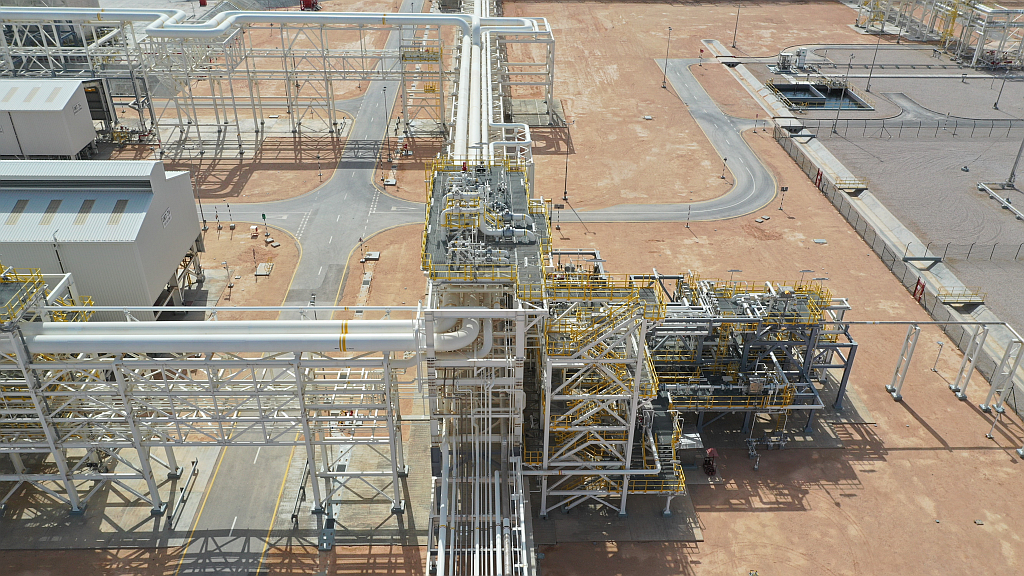

Notwithstanding a “perfect storm” of developments currently buffeting the company, Petroleum Development Oman (PDO) – the country’s biggest oil and gas producer – has earmarked a capital budget of $5.498 billion for 2020. This compares with capital expenditure (capex) of $5.3 billion and operating expenditure (opex) of $2 billion in 2019, the majority state-owned energy firm announced in its newly published Sustainability Report 2019.
At the same time, the company has embarked on one of the most ambitious cost reduction exercises in its history in response to the challenges unleashed by the oil price shock and the resulting economic slowdown – designed to achieve a 30 per cent cut in its activities and operational costs.
“At time of writing this report, PDO was facing the ‘perfect storm’ entailing the concurrent macro-economic and health threat of the COVID-19 pandemic, combined with a collapse in oil prices, and large national unemployment and exponentially rising debt,” said PDO in its report.
“We have established several teams focused on the Near Term Sustainability Programme (NTSP) aimed at addressing a step-change in structural cost reductions and productivity improvements on a far greater scale than achieved throughout the history of PDO, with a 30 percent unit cost reduction in every single activity, process and deliverable across the Company. Our Cost Optimisation Reviews (CORs) will continue to provide the platform for engaging with contractors to identify mutually sustainable, more resilient and more efficient ways of working,” it stated.

In a foreword, Dr. Mohammed bin Hamad al Rumhy, Minister of Oil and Gas and Chairman of the Board of Directors of PDO, summed up the formidable challenges confronting the energy sector and the wider economy. “These are challenging times for the entire nation,” the Minister declared. “The COVID-19 emergency, oil price instability, production restrictions, pressure on the public finances, climate change concerns, substantial technological disruption and continuing geopolitical instability have combined to create a testing environment.”
Dr. Al Rumhy nevertheless underscored the importance of the sector to the national economy, stressing, “There is no doubt that the sector, as the Sultanate’s key engine for revenue, has adapted and must continue to adapt to meet these pressures.”

But despite the cash-constrained environment and ongoing oil price volatility, PDO delivered its highest hydrocarbon production in nearly two decades – representing a combined daily oil, gas and condensate output of 1.210 million barrels of oil equivalent per day, according to Managing Director Raoul Restucci.
“The average oil production was 616,380 bpd – the highest since 2005 – representing a 6,210 bpd increase on 2018,” he said in the Managing Director’s foreword. “The average Government daily non-associated gas production during 2019 was 62.2 million cubic metres per day, which was in line with customer demand and commensurate with PDO’s role as swing producer. Condensate production was 77,950 bpd, almost 20 per cent (more than 8,000 bpd) higher than the 2018 average. This exceeded 94,000 bpd in the fourth quarter, driven by the start-up of the Rabab Harweel Integrated Project (RHIP), the largest in our history,” he further noted.
Also during 2019, PDO bolstered its hydrocarbon reserves with the booking of a total of 136 million barrels of oil and 1.1 trillion cubic feet (Tcf) of non-associated gas as Commercial Contingent Resource volumes for the year. The company also achieved the lowest unit finding cost for oil in a decade at just $1 per barrel, he added.
Oman Observer is now on the WhatsApp channel. Click here



